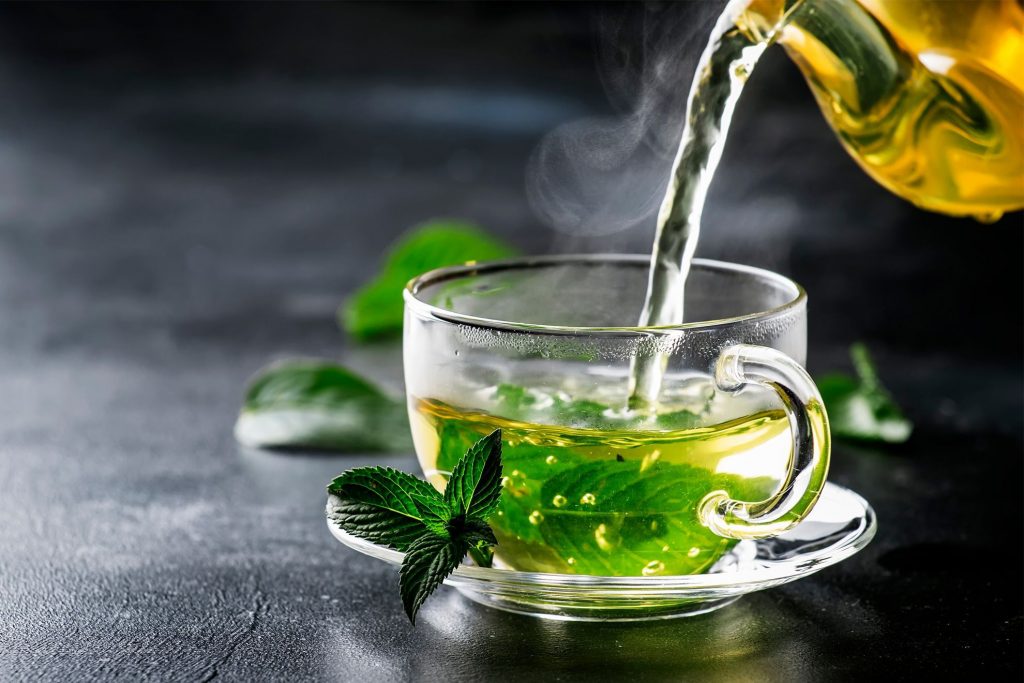Benefits of Drinking Tea

Benefits of Drinking tea
Going back thousands of years, the benefits of drinking tea remain today. Tea is a low-calorie drink containing unique compounds that support heart health. Drinking tea was used for its medicinal qualities and enjoyed as the cultural beverage of choice. It’s generally accepted that green tea has the most benefits as it contains EGCG, the most powerful type of catechin. Whether you use bagged or tea leaves, the benefits of drinking tea are not diminished. The original tea bags were handmade, hand-stitched muslin or silk bags, much like Mighty Leaf’s handcrafted, artisan tea pouches. Patents for tea bags existed as early as 1903. However, Thomas Sullivan, a tea merchant from New York, is often credited with creating the first commercial tea bag concept.
According to Chinese legend, the history of tea began in 2737 B.C.E. when Emperor Shen Nong, a skilled ruler and scientist, accidentally discovered tea. While boiling water in the garden, a leaf from an overhanging wild tea tree drifted into his pot. The Emperor enjoyed drinking the infused water so much that he was compelled to research the plant further. Legend has it that the Emperor discovered tea’s medicinal properties during his research. Like Europe, tea initially came to America in the mid-1600s through the Dutch settlement of New Amsterdam. The colony was captured by England in 1664 and renamed New York, where the tea trade flourished amongst colonial women and wealthy colonists.
Health Benefits of Drinking Tea
Tea is also associated with a lower risk of many ailments, including cognitive issues, heart disease, stroke, diabetes, arthritis, and more. Teas are hydrating and tasty, making them a good alternative to water. The nutrients and minerals available in them can contribute to overall health. While drinking tea alone is not a solution or cure for any health condition, it can be easily integrated into a healthy diet.
Various studies suggest that polyphenolic compounds present in green and black tea are associated with beneficial effects in the prevention of cardiovascular diseases, particularly of atherosclerosis and coronary heart disease. In addition, anti-aging, antidiabetic, and many other health-beneficial effects associated with tea consumption are described. Evidence is accumulating that catechins and theaflavins, which are the main polyphenolic compounds of green and black tea, respectively, are responsible for most of the physiological effects of tea.
For the users of dry tea leaves, we offer a line of reusable tea infusers. All are machine washable.
Click Here for a list of available infusers.
![]()




